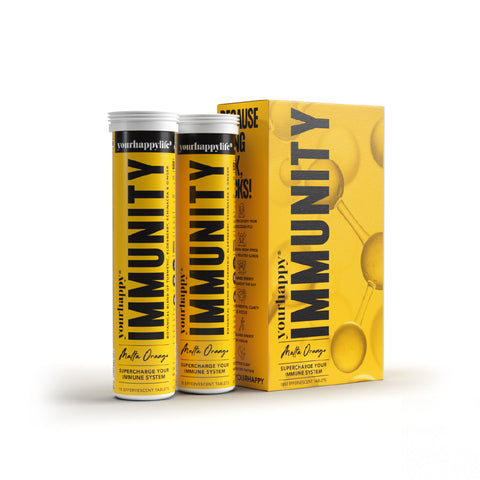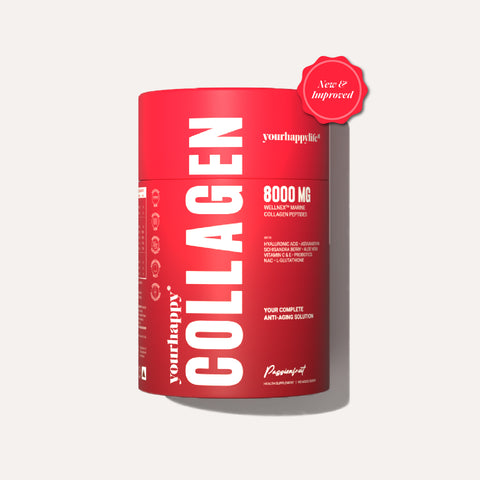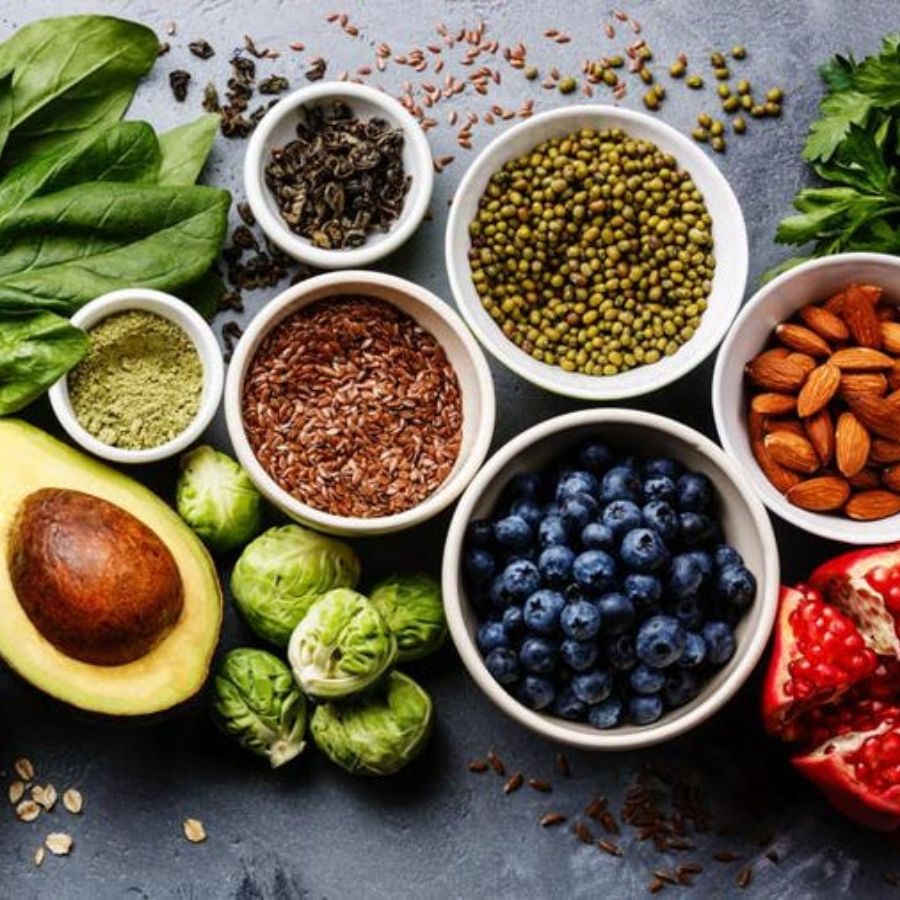
Do Ultra-Processed Foods Cause Health Risks?
A fast-food restaurant's chicken nuggets, a bag of chips, a box of cereal for breakfast, and other ultra-processed foods make up about 60% of the calories a typical adult consumes.
What makes them so popular among the public? Convenience is the main selling point of ultra-processed meals, which don't require any more preparation before being consumed. Many nowadays have less time to prepare healthy meals at home, so ultra-processed foods are a quick and easy way to get a meal on the table. The fact remains, nonetheless, that they carry significant health risks. In addition to these health risks, ultra-processed foods may contribute to various symptoms, such as digestive issues, fatigue, and headaches. Why? Because they lack the fiber and nutrients essential for proper digestion and sustained energy production. Learn the risks associated consumption of ultra-processed meals.
Scientific Analysis Of Ultra-Processed Foods Affect On Health
Ultra-processed foods are those that have undergone many processing steps and typically contain a large number of chemicals and synthetic substances.
Ultra-Processed Foods & Heart And Metabolism
Maintaining a healthy heart is crucial. Ultra-processed meals damage heart and metabolic health and contribute to Western countries' heart disease and stroke epidemics.
One study assessed blood lipids, body mass index, blood pressure, glucose, and cardiovascular disease status. These factors showed that less than 7% of people are healthy. In addition, ultra-processed meals are making People fat and sick. Ultra-processed meals raise blood sugar and risk of type 2 diabetes and cardiovascular disease due to their refined carbs. These meals also increase blood pressure in 10% of the population due to their high salt content. Refined carbs also raise blood triglycerides, heart disease, and stroke risk.
Ultra-Processed Foods & Gut Health
Ultra-processed foods contain ingredients like emulsifiers that may damage the gut microbiota. Evidence suggests that additives in ultra-processed foods may disrupt the gut's natural intestinal barrier and lead to bowel problems such as irritable bowel syndrome, inflammatory bowel diseases, food intolerances, and autoimmune diseases. On the other hand, fiber-rich fruits, vegetables, and whole grains maintain a healthy gut flora, whereas ultra-processed diets reduce their intake.
Also Read:
Ultra-Processed Foods & Possibility Of Addiction
Whether it's salt or sugar, packaged snacks are challenging to avoid. It's impossible to eat just one. Moreover, research with animals suggests that high-sugar and even high-salt diets might be addictive. In doing so, they trigger the release of dopamine and the experience of pleasure by activating the brain's reward circuits. And once you develop a taste for highly flavored processed foods, you become less likely to enjoy them in their natural state.
Also Read:
Ultra-Processed Foods & Psychological Health
Ultra-processed foods lower your mood and harm your heart and metabolism. Eating junk food has been linked to increased rates of anxiety and depression, according to a meta-analysis of 17 studies that looked at the relationship between junk food and ultra-processed food consumption patterns. In addition, consumption affects mood and self-esteem. Mental health requires magnesium and vitamin B6.
YourHappy Immunity (Fizz)

Key Benefits:
- Daily Protection & Well Being
- Faster Recovery From Cold/Cough/Flu & Sore Throat
- Protection from Stress & Travel Related Illnesses
- Sustained Energy Through the Day
- Improved Mental Clarity & Focus
Risks Associated With Eating Ultra-Processed Foods
Many health problems are linked to eating ultra-processed meals. Here are some clues.
-
Increased Risk Of Obesity
A higher body mass index and an increased likelihood of being overweight or obese have been linked to eating a diet high in ultra-processed foods. This could be due to their high-calorie count, low nutrient density, and excessive levels of added sugars and harmful fats in their composition.
-
Increased Risk Of Cardiovascular Disease
High blood pressure, high cholesterol levels, and atherosclerosis are only some of the cardiac problems that have been associated with a diet heavy in ultra-processed foods. Scientists believe that the excessive sodium level of ultra-processed foods is a significant factor in this danger.
-
Higher Risk Of Developing Type 2 Diabetes
Many studies have shown that eating a lot of ultra-processed foods can raise your chance of developing type 2 diabetes. These may be responsible for fast increases in blood sugar, which can lead to insulin resistance.
-
Increased Risk Of Cancer
In some research, ultra-processed food consumption has been associated with an elevated breast and colon cancer risk. The high levels of chemicals and preservatives in certain meals may be related to the observed association, although the exact mechanism is unknown.
Methods For Limiting Or Eliminating Ultra-Processed Foods
Limiting or avoiding ultra-processed foods can be challenging, but improving your overall health and reducing the risk of chronic diseases is essential. Here are several methods for limiting or eliminating ultra-processed foods.
- Read food labels first: Carefully study the ingredient list and nutrition label before purchasing food. Avoid items with additional sugars, bad fats, and artificial substances, and look for products with a short list of whole foods as ingredients.
- Choose Whole Foods: Select minimally processed, unprocessed foods whenever possible. This category includes fresh fruits and vegetables, entire grains, lean meats, and healthy fats. Go for whole grains, fresh or frozen fruits, and veggies rather than canned.
- Cooking at Home: You can manage the ingredients in your meals and make healthier selections when you cook at home. Prepare your meals in advance and cook in bulk to save time throughout the week.
- Limit your dining out: Try to limit dining out to special occasions, as it frequently involves ingesting more ultra-processed meals. Instead, choose establishments that offer healthy, whole-food options when dining out.
- Snack on all-natural foods: Choose whole foods such as fresh fruit, raw vegetables, nuts, and seeds over ultra-processed snacks such as chips, candies, and cookies while snacking.
- Avoid processed beverages: Prefer water or low-sugar beverages over sugary beverages such as soda, sports drinks, and fruit juice.
- Pay attention to your food habits: Attend to your hunger and satiety signals, and avoid eating while preoccupied. This can help you avoid overeating and make healthier food selections.
These tactics can help you limit ultra-processed foods and focus on whole, nutrient-dense foods. This can minimize chronic disease risk and enhance health over time.
The Takeaway
YourHappy Collagen Powder 2.0

Key Benefits
- Youthful, Smooth & Supple Skin
- Reduced Wrinkles and Fine Lines
- Increased Firmness & Elasticity
- Deeply Hydrated Skin, For a Rested & Refreshed look
You now comprehend why the majority of dietitians, medics, and scientists believe that replacing ultra-processed meals and refined carbohydrates with fresh, whole foods is one of the ideal & healthiest choices you can make.
FAQ
What risks to health are related to ultra-processed foods?
Obesity, type 2 diabetes, heart disease, and cancer are some health problems associated with overeating ultra-processed foods. They are also often high in calories, salt, and harmful fats.
May I continue to consume ultra-processed meals in moderation?
Ultra-processed foods should be eaten in moderation as part of a healthy diet, but they should be avoided wherever feasible. It is essential to watch one's calorie and nutrient consumption as a whole and to eat foods that have been minimally processed.
What other options do we have besides highly processed foods?
Whole grains, fruits, vegetables, lean proteins, and healthy fats are alternatives to ultra-processed diets. You can reduce your intake of ultra-processed foods by eating more home-cooked meals and opting for whole-food snacks like nuts, seeds, and fresh fruits.
Read More Articles Collections:
Weight Maintenance & More | Possibility Of Immunomodulatory Effects | Seasonal Changes Will Affect Your Diet | Best Multivitamins for Men | Simply Stop Hair Loss | 5 Benefits Of Biotin |


